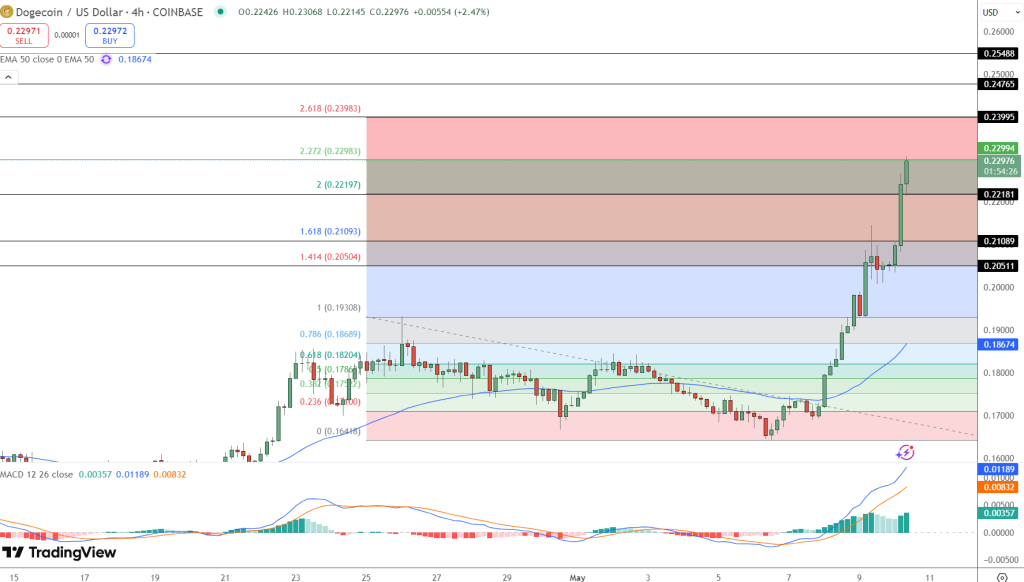As the U.S. approaches the pivotal 2024 presidential election, the potential for significant shifts in labor and employment laws looms large. Election years are a time of heightened uncertainty for employers, as changes in government policy affecting businesses can dramatically reshape the regulatory landscape. For employers, particularly those managing large workforces, it’s essential to anticipate these shifts, adapt their human resource management plans accordingly and communicate effectively with their teams to maintain compliance and stability in the face of potential changes to federal labor policy.
Political shifts can lead to significant changes in employment laws. The impact is often felt at federal and state levels, where policies and regulations can diverge widely. A change in administration at the federal level typically brings new priorities for agencies like the Department of Labor and the National Labor Relations Board. For example, the transition from the Trump administration to the Biden administration in 2020 led to substantial changes in wage and hour laws, worker classification standards and union rights. However, states are not merely passive recipients of federal policy changes. States like California and New York often enact more stringent labor laws, creating a complex regulatory environment for businesses operating across multiple jurisdictions.
One of the most immediate impacts of a political power shift is the reversal of previous regulations or executive orders. For instance, the Trump administration’s efforts to broaden the definition of independent contractors were rolled back by the Biden administration, leading to stricter worker classification criteria under federal labor policy. These reversals require businesses to remain agile, quickly adapting their human resource management plans to stay compliant.
Changes in the composition of Congress also play a critical role in shaping employment laws. When Democrats gain control, there is often a push for policies such as minimum wage increases, expanded paid family leave and enhanced union protections. Conversely, a Republican-controlled Congress may prioritize deregulation, aiming to reduce the regulatory burden on companies. These legislative shifts can have far-reaching implications for how businesses manage their workforces.
Key policy areas to monitor during the 2024 presidential election cycle
During election cycles, certain policy areas tend to come under intense scrutiny, as they directly affect the workforce and, by extension, business operations.
- Minimum wage: The debate over minimum wage laws is a perennial issue in U.S. politics. While Democrats generally advocate for higher minimum wages, Republicans often argue for a more moderate approach. The federal minimum wage has remained stagnant for years, at $7.25 since 2009, but many states and municipalities have taken it upon themselves to enact higher standards. Businesses must closely monitor these developments to ensure compliance across different locations.
- Worker classification: The rise of the gig economy has brought worker classification to the forefront of employment law. The distinction between employees and independent contractors has significant implications for businesses, particularly those in industries heavily reliant on freelance or contract work. Legislative changes in this area, such as California’s AB5 law, which tightened the criteria for classifying workers as independent contractors, can drastically alter operational models.
- Healthcare and benefits: Healthcare policy, especially concerning the Affordable Care Act, remains a contentious issue. Political changes can lead to shifts in employer mandates, tax implications and the scope of coverage that organizations are required to offer. For example, the Trump administration’s attempts to dismantle the ACA contrasted sharply with Biden’s efforts to expand its provisions, leaving employers to navigate a continually evolving landscape.
- Union and labor rights: Unionization and collective bargaining rights are often influenced by political ideologies. Under a pro-labor administration, we might see strengthened protections for union activities, while a pro-business administration might roll back such protections. Employers must stay informed on NLRB rulings and other legislative developments to effectively manage labor relations.
- Paid leave and family benefits: Paid family and medical leave policies vary significantly across states, reflecting broader political trends. While some states have enacted comprehensive paid leave programs, others have resisted such mandates. During election cycles, these issues often gain prominence, and businesses must be prepared to adapt to new requirements.
Strategies for adapting HR management to political and legislative shifts
Given the volatility of the political landscape, it’s essential for companies to develop strategies that enable them to swiftly adapt to changes in government policy affecting businesses. Start with these steps:
1. Stay informed
Keeping up with changes in federal and state laws is crucial for ensuring compliance. Senior HR executives should subscribe to legal and HR newsletters, attend relevant webinars and regularly consult with legal experts. For instance, the Society for Human Resource Management (SHRM) offers valuable resources for staying updated on legislative changes.
Regular consultations with legal experts specializing in employment law can provide critical insights into upcoming legislative changes. This expertise is invaluable for crafting policies that remain compliant even as laws evolve. For instance, a legal expert can advise on the potential implications of proposed changes to the Fair Labor Standards Act or the ACA.
2. Embrace flexible HR policy development
HR policies should be designed with flexibility in mind, allowing for quick adjustments as laws change. HR teams can engage in scenario planning to anticipate various political outcomes and their potential impact on labor laws. This involves developing multiple action plans based on different legislative scenarios, allowing companies to respond swiftly to new developments.
For instance, having contingency plans for potential changes in wage laws, benefits requirements and worker classification standards after the November election can help businesses pivot without disrupting operations.
3. Plan proactive compliance audits
Regular compliance audits are an effective way to ensure that current practices align with existing laws and are adaptable to upcoming changes. These audits can identify potential areas of risk and allow for corrective action before penalties or lawsuits arise. Before embarking on an internal compliance audit, consider reviewing the plan with either internal or external counsel to determine if the audit should be conducted under attorney-client privilege.
Implementing HR software that tracks compliance requirements and flags areas needing attention is an effective way to manage the complexity of employment laws. Such technology not only reduces the risk of non-compliance by simplifying the audit process but also allows for quicker adaptation to new laws. For example, software solutions can be configured to automatically update company policies in response to changes in federal labor policy.
4. Prioritize employee education
Transparent, clear communication with employees about potential policy changes builds trust and reduces uncertainty. Engaging employees in discussions about how these changes might affect them personally can also enhance organizational morale. For example, when changes in healthcare benefits are anticipated, holding informational sessions can help employees understand the implications and prepare accordingly.
Encourage feedback from employees and be prepared to address their questions or concerns about policy changes, such as the reasons behind the changes and how they will be implemented. This proactive approach can mitigate the impact of changes and foster a positive workplace environment.
Navigating regulatory uncertainty with strategic HR leadership
As we move closer to the 2024 presidential election, the potential for shifts in labor and employment laws presents both challenges and opportunities for U.S. employers. By staying informed, embracing flexibility in policy development, conducting proactive compliance audits and prioritizing employee education, companies can navigate these political changes with confidence. In a landscape where federal labor policy may change rapidly, these strategies will not only help businesses maintain compliance but also encourage resilience and adaptability, ensuring long-term stability regardless of the political climate. For senior HR executives, this approach is essential to leading through uncertainty and preparing the workforce for whatever changes may come.
Credit: Source link











